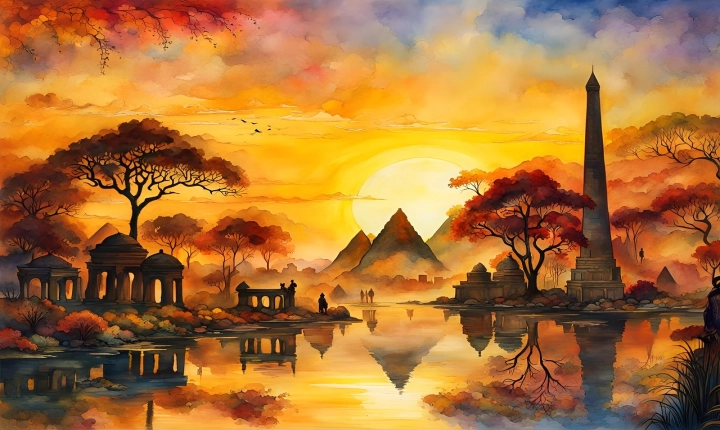Title: Can I Upload AI-Generated Content to YouTube?
In recent years, artificial intelligence (AI) has made significant advancements in various fields, including creative content generation. With the emergence of AI-powered tools, individuals can now create artwork, music, and even videos using machine learning algorithms. However, a common question that arises is whether it is permissible to upload AI-generated content to platforms like YouTube.
YouTube’s Policies on AI-Generated Content
YouTube provides a platform for users to upload and share their own original content, and the platform has specific guidelines regarding the use of AI-generated content. According to YouTube’s policies, users are required to have the necessary rights and permissions to use and monetize any content they upload. This includes ensuring that the content is original and does not infringe on any copyrights or intellectual property rights.
When it comes to AI-generated content, YouTube’s guidelines state that the content must be the result of the user’s own creative input and effort. In other words, if the AI is being used to assist in the creation process, the user must still have a significant creative and transformative role in producing the final content.
Ownership and Attribution of AI-Generated Content
One of the key considerations when uploading AI-generated content is the question of ownership and attribution. Since AI-generated content is created using complex algorithms, determining the rightful owner of the content can be challenging. In some cases, the ownership may lie with the individual who created or trained the AI model, while in other instances, it may pertain to the organization that developed the AI technology.
Additionally, attributing AI-generated content to its original creator or source can pose a problem, as the traditional concept of authorship and attribution becomes blurred in the context of AI-generated works. This raises questions about the ethical and legal responsibilities associated with crediting AI systems for their role in content creation.
Copyright and Fair Use Considerations
Copyright law plays a fundamental role in regulating the use and distribution of creative works, and it also applies to AI-generated content. When uploading AI-generated content to YouTube, users must ensure that they have the appropriate rights to use any pre-existing material, such as images, music, or video clips, that may have been incorporated into the AI-generated content.
Furthermore, the concept of fair use, which allows for the use of copyrighted material under certain circumstances such as criticism, commentary, or parody, applies to AI-generated content as well. However, users must exercise caution and ensure that their use of copyrighted material in AI-generated content falls within the boundaries of fair use to avoid potential copyright infringement claims.
The Future of AI-Generated Content on YouTube
As AI technology continues to advance, the landscape of content creation and distribution will undoubtedly evolve. Platforms like YouTube will need to adapt their policies and guidelines to accommodate these changes, while also addressing the legal and ethical implications of AI-generated content.
Moving forward, it is crucial for content creators, AI developers, and platform operators to collaborate and establish clear frameworks for the use and attribution of AI-generated content. This includes considering issues of ownership, copyright, fair use, and ethical considerations surrounding the use of AI in creative processes.
Ultimately, as AI-generated content becomes more prevalent, stakeholders must work together to ensure that the rights of creators, the principles of fair use, and the ethical considerations of AI technology are upheld in the context of content distribution on platforms like YouTube.
In conclusion, while AI-generated content holds immense potential for transforming the creative landscape, individuals looking to upload such content to YouTube should be mindful of the platform’s policies and the legal and ethical considerations surrounding AI-generated works. With careful consideration and adherence to guidelines, AI-generated content can continue to enrich the content ecosystem on YouTube while respecting the rights of creators and maintaining ethical standards.
